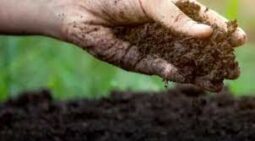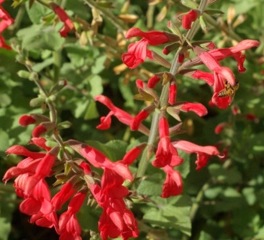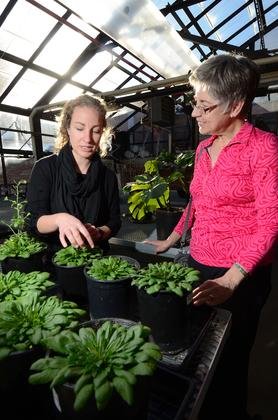
Birds: Risk and Resilience (start time: 5:55) What speaks of Spring more than the songs of American robins, yellow warblers, spotted towhees and other birds in the early morning? As we relish in these avians choruses, it’s also an important time to examine why bird populations in North America have, by and large, been plummeting in recent decades, due to multiple stressors, including climate change and habitat destruction. At the same time, some conservation efforts (including bipartisan legislation) on the federal, state and local levels, are bearing some fruit. And everyone can help give these winged creatures a hand, starting with their own gardens, and by getting involved in citizen science projects, such a bird-banding and bird-counting. In this week’s show, host Susan Moran interviews Arvind Panjabi, a senior research scientist at Bird Conservancy of the Rockies, a nonprofit organization devoted to the conservation of birds and their habitats. (Listen to Shelley Schlender’s sound portrait of five migratory birds that are visiting Colorado now (start time: 2:58).
Host/Producer: Susan Moran
Engineer: Jackie Sedley
Executive Producer: Joel Parker
Headline Contributors: Joel Parker, Shelley Schlender
Listen to the show here:
Podcast: Play in new window | Download (Duration: 27:33 — 37.8MB)
Subscribe: RSS




 Birds of Spring, Habitat Preservation (start time: 3:08) It’s springtime, when many of us are woken up at the crack of dawn by a chorus of chickadees or other songbirds outside. To celebrate these emblems of spring, and World Migratory Bird Day (May 18), How On Earth’s Susan Moran interviews two bird/nature experts about the state of affairs for the North America bird population , including threats to their survival, efforts to preserve their habitats, and how we humans can get outside and appreciate the natural world while helping to give birds, insects and other wildlife a leg up.
Birds of Spring, Habitat Preservation (start time: 3:08) It’s springtime, when many of us are woken up at the crack of dawn by a chorus of chickadees or other songbirds outside. To celebrate these emblems of spring, and World Migratory Bird Day (May 18), How On Earth’s Susan Moran interviews two bird/nature experts about the state of affairs for the North America bird population , including threats to their survival, efforts to preserve their habitats, and how we humans can get outside and appreciate the natural world while helping to give birds, insects and other wildlife a leg up. 
 Summer is a time to celebrate our bursting gardens. But you may be wondering why your neighbor’s garden seems to be attracting all the butterflies, honeybees and hummingbirds, while yours seems to be attracting mostly aphids and raccoons. Our guest, Alison Peck, owner of
Summer is a time to celebrate our bursting gardens. But you may be wondering why your neighbor’s garden seems to be attracting all the butterflies, honeybees and hummingbirds, while yours seems to be attracting mostly aphids and raccoons. Our guest, Alison Peck, owner of 

